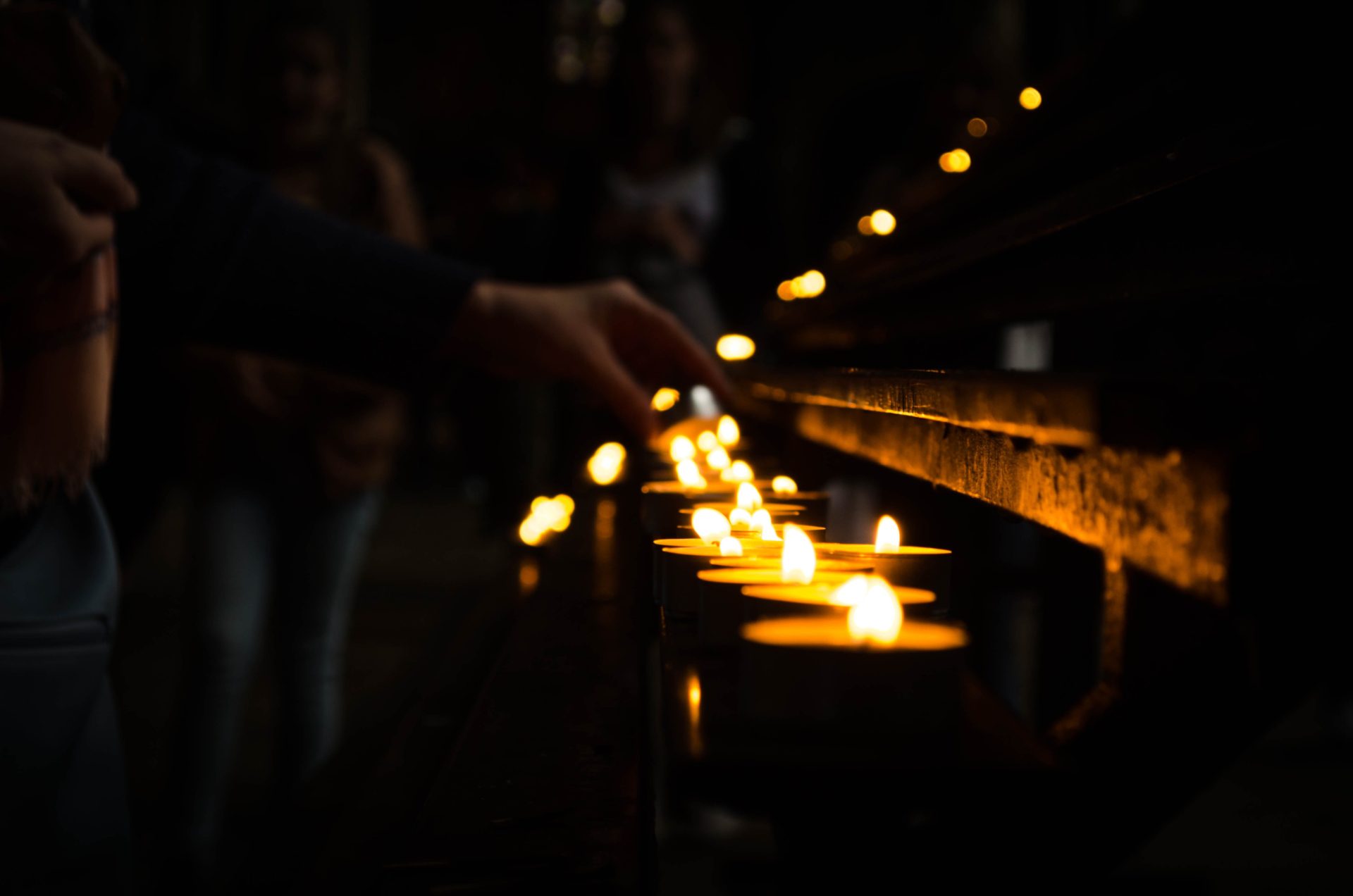
Another name and lost soul has been added to the staggering list of transgender women who died in the U.S. in 2020.
According to the Human Rights Campaign, Alexandria Winchester was shot to death on December 26 in the Bronx, New York. The 24-year-old Latinx-American was a client of the Ali Forney Center. The center serves unhoused LGBTQ youth, and the organization broke the news of Winchester’s death through a Facebook post.
“The details about her murder are still emerging, and it is believed she knew her murderer. We do not know whether she was targeted because of her identity. We are shattered, but our dedication is not broken. We are working with our community partners to host a vigil. As we mourn this loss, we continue our fight for trans lives, and we hold space for our trans coworkers and clients to bring light to her life and death, to say her name, to hold community, and to affirm that trans lives matter and trans lives are beautiful.”

“Alexandria mattered to her community and to the world. The loss of another transgender person in 2020 is devastating,” said HRC Associate Director of the Transgender Justice Initiative Lindsey Clark. “Last year was the deadliest year for fatal violence against transgender and gender non-conforming people that we have ever tracked. This is unacceptable. We must all come together and work to bring this violence to an end.”
2020 was a violent year for transgender women. In fact, it was the deadliest year on record. 44 transgender Americans were murdered in the last year. Most of the victims were also Black or Latinx. Keep in mind, the actual number of transgender people (and specifically trans women) is probably higher than what’s been reported. But, unfortunately, transgender victims are often misgendered by police and media. This matter made its way to public conversations last year after a transwoman was murdered in Puerto Rico.
“It is clear that fatal violence disproportionately affects transgender women of color, especially Black transgender women,” noted the Human Rights Campaign. “The intersections of racism, transphobia, sexism, biphobia and homophobia conspire to deprive them of necessities to live and thrive, so we must all work together to cultivate acceptance, reject hate and end stigma for everyone in the trans and gender-nonconforming community.”
Source: Human Rights Campaign, Ali Forney Center,
